Mercedes EQV electric van passes winter tests
Mercedes-Benz subjected the EQV to an endurance test in Arjeplog, Sweden. The electric V-Class proved its operational capability under extreme conditions at temperatures as low as minus 30 degrees Celsius, icy roads and deep snow.
According to Mercedes, this means that the battery-electric large-capacity saloon has cleared one of its last hurdles on the way to market launch in the second half of 2020. “During the final winter test, we once again demanded everything from the EQV – and the vehicle did very well. The extensive testing enabled us to pass the final milestones on the way to market readiness,” says Benjamin Kaehler, who is responsible for e-mobility activities at Mercedes-Benz Vans. He added that essential insights had been gained, particularly in the area of thermal management.
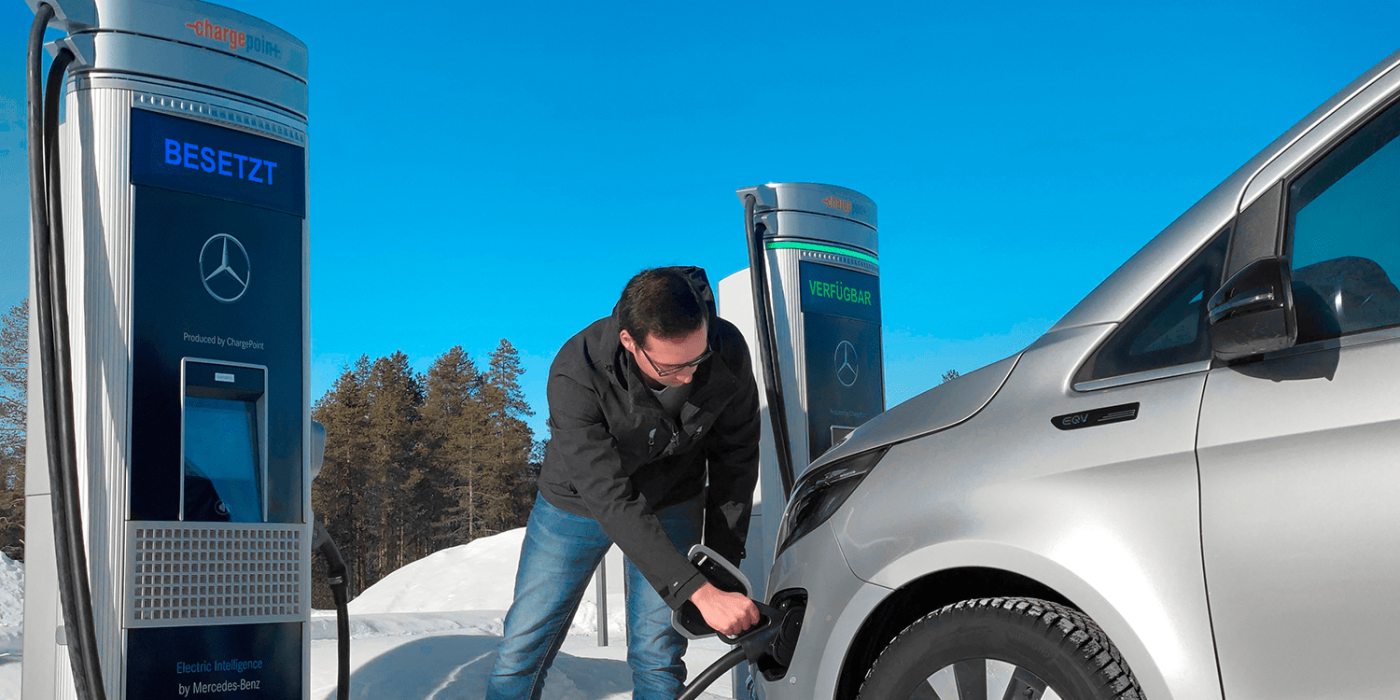
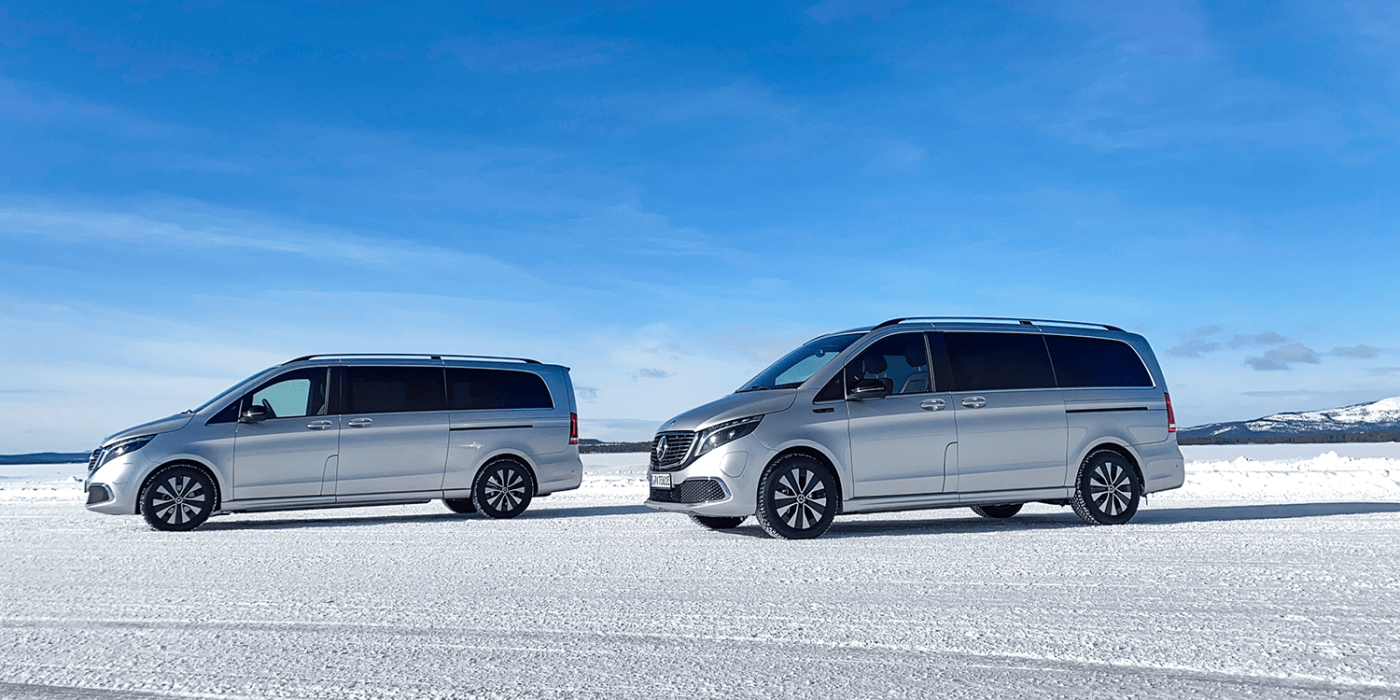
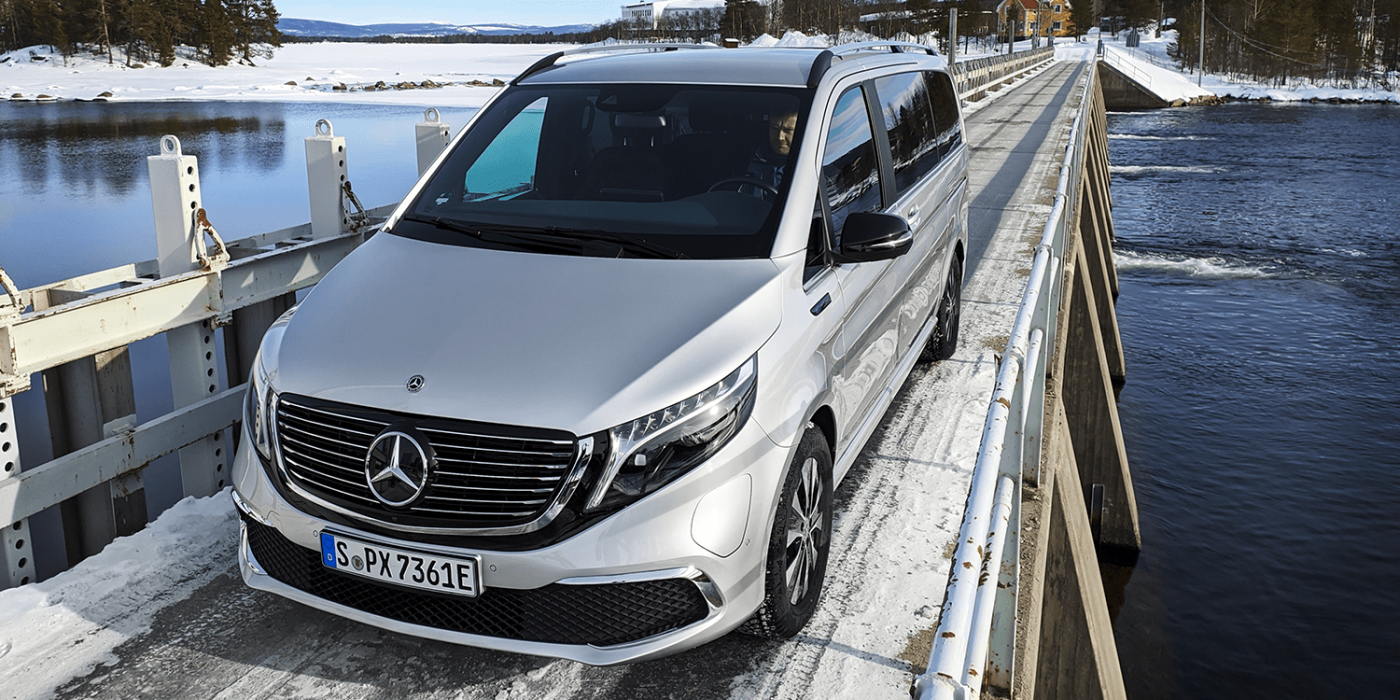
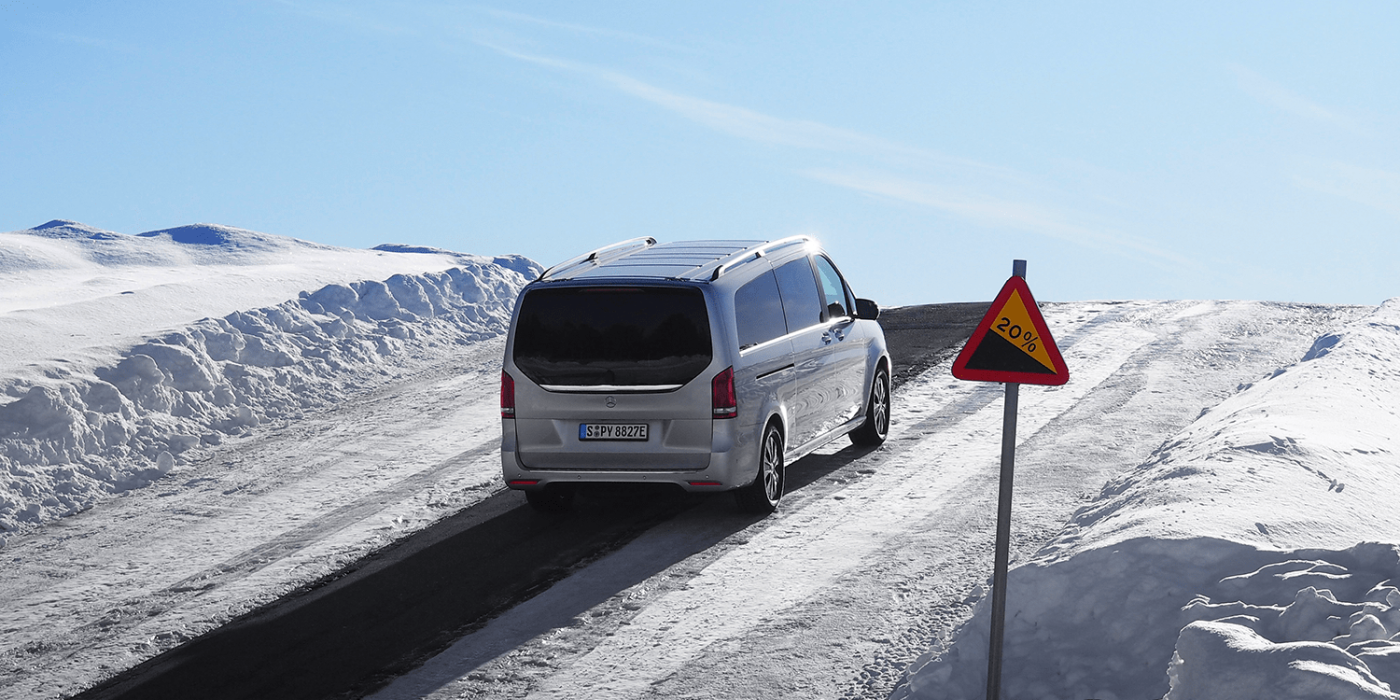
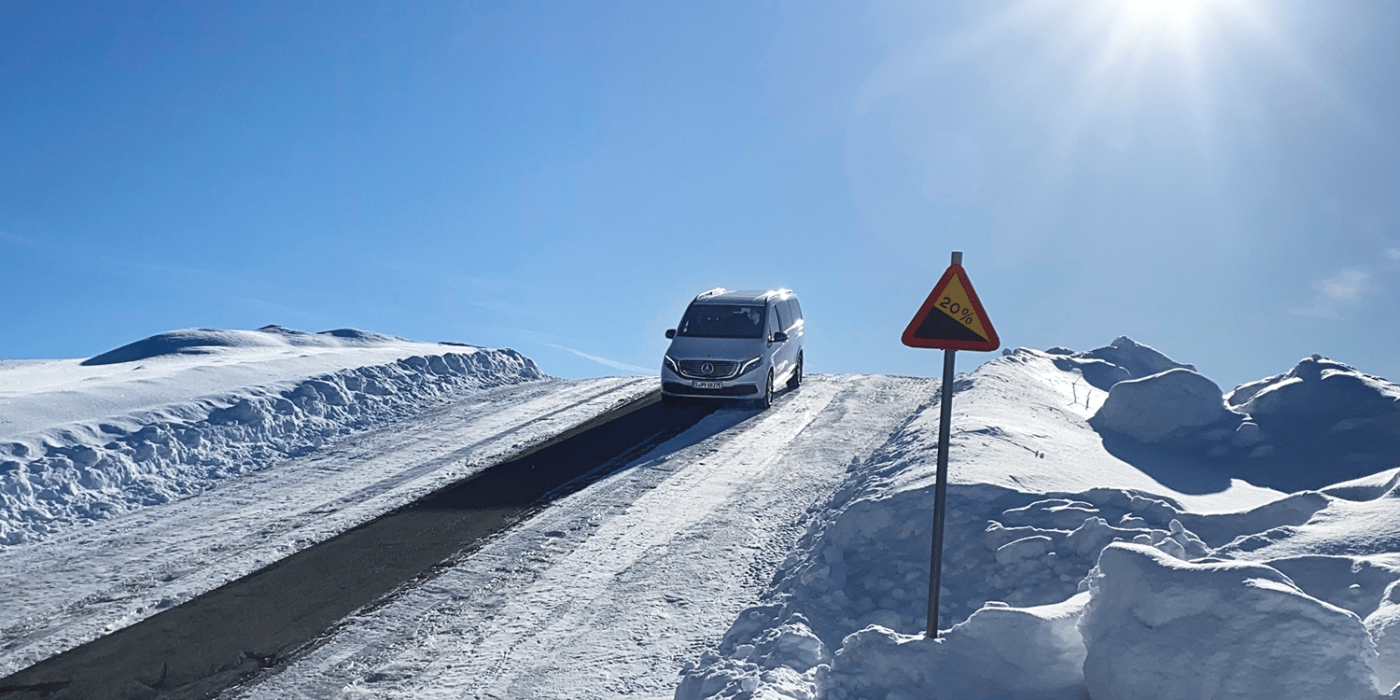
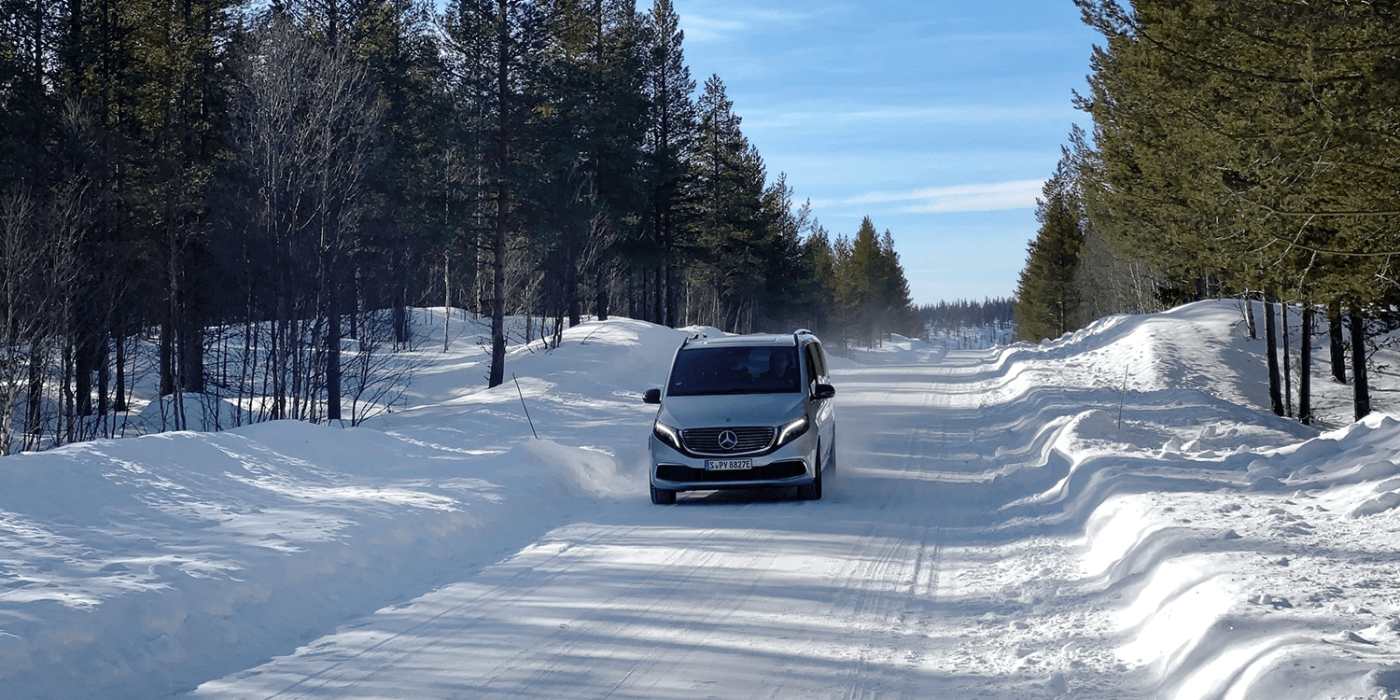
The EQV is the second model of the Mercedes-Benz technology brand EQ after the EQC. Unlike the eVito and eSprinter, it is marketed towards private customers. The six-seater large-capacity saloon is available in two wheelbases (3.20 or 3.43 metres) and with a gross vehicle weight of 3,500 kilograms. By installing individual seats or benches, the model can also carry seven or eight people. In its latest communication, the Group states that the electric vehicle’s range is up to 418 kilometres according to NEDC – slightly more than was envisaged when the series version of the car was unveiled in August 2019.
The other technical data published by Mercedes in the context of the winter test largely correspond to the concept that Mercedes had shown at the Geneva Motor Show in March 2019. In essence, the electric drive train with a continuous output of 70 kW and a peak output of 150 kW, as well as a maximum torque of 362 Nm, is located at the front axle. Mercedes puts the top speed at 160 kph and the consumption at 26.4 kWh per 100 kilometres.
The lithium-ion battery is mounted in the underbody of the vehicle and therefore does not affect the interior. The gross capacity is 100 kWh, of which 90 kWh can be used according to the notification. The on-board charger from Delphi enables three-phase AC charging with up to 11 kW. Mercedes states the DC charging capacity with a maximum of 110 kW, but also mentions a charging time from 10 to 80 per cent of “less than 45 minutes”. So the maximum charging power is regulated from a certain point on, but over the mentioned SoC range it is still 84 kW. Interestingly, the charging socket is located at the front left.
The manufacturer has not yet given any indication of the price of the EQV.
With reporting by Cora Werwitzke, France.


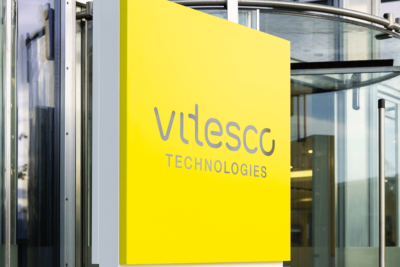
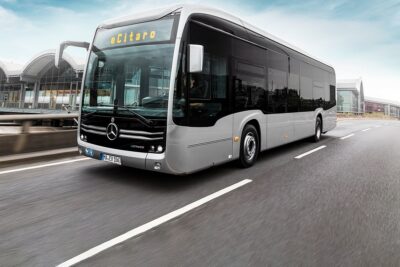
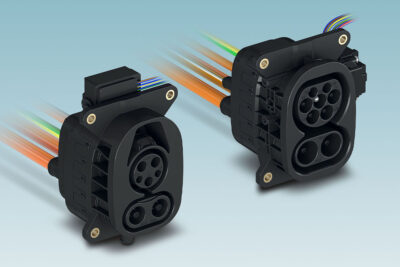
0 Comments